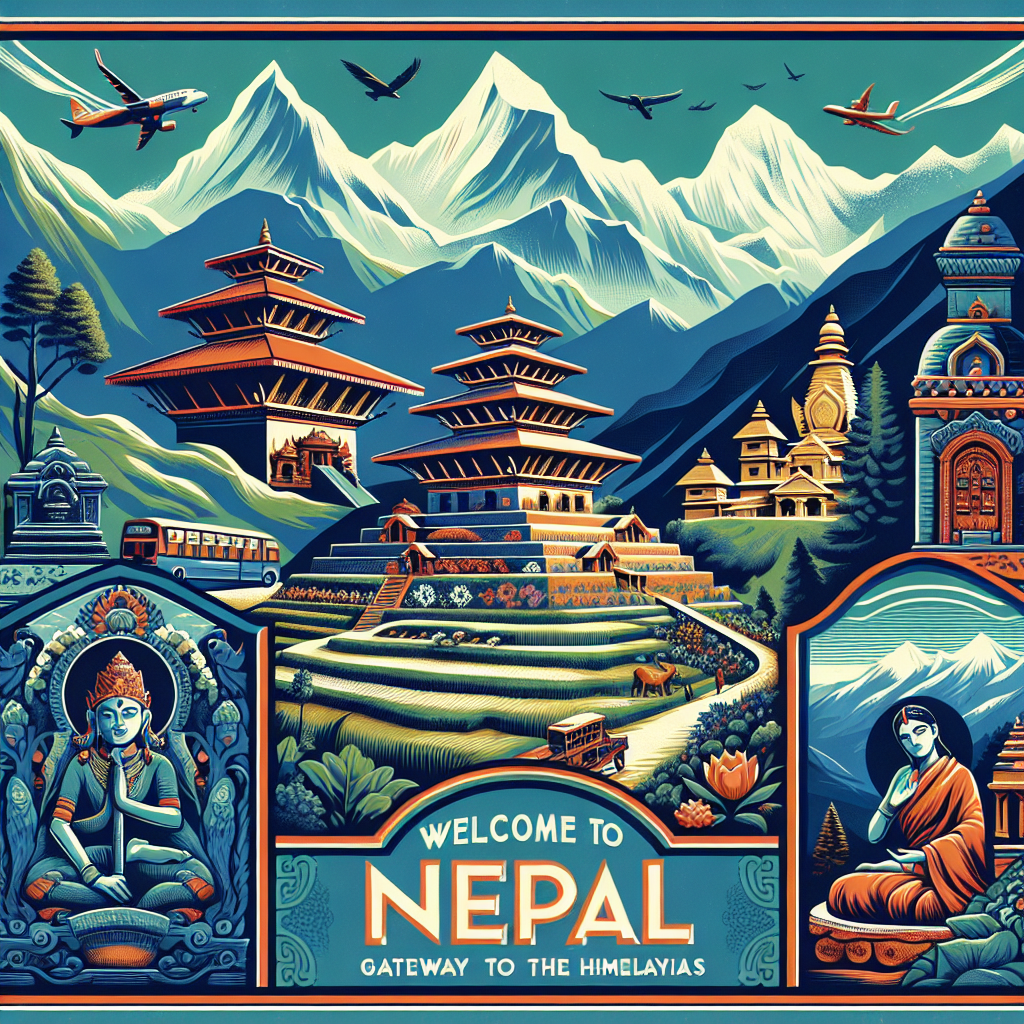Crisis and Curfew: Nepal's Turbulent Path to Political Change
Nepal is engulfed in chaos as anti-corruption protests in Kathmandu lead to Prime Minister K.P. Sharma Oli's resignation. Social media bans and economic frustrations fuel unrest, while security forces try to restore order. Concerns over political and economic instability attract international attention.

A curfew was imposed in Nepal's capital, Kathmandu, as soldiers patrolled the streets following two days of deadly anti-corruption protests. Prime Minister K.P. Sharma Oli resigned amid the chaos, which began after social media bans incited public outrage.
The parliament area was littered with debris and burnt-out vehicles, with fires damaging several government buildings. The turmoil only subsided following Oli's departure, while the capital's airport experienced disruptions due to the unrest.
Authorities strive to restore normalcy, with plans for talks to resolve the crisis. International figures, including India's Prime Minister Narendra Modi, express concern over Nepal's stability and urge for peace and order to be maintained.
(With inputs from agencies.)
- READ MORE ON:
- Nepal
- protests
- Kathmandu
- curfew
- corruption
- Prime Minister
- resignation
- instability
- economic
- unrest
ALSO READ
Sebastien Lecornu Faces a Political Tightrope as France's New Prime Minister
Tragedy in Nepal: Rising Death Toll Amid Anti-Corruption Protests
US President Donald Trump says he looks forward to speaking with ''my very good friend, Prime Minister Modi, in the upcoming weeks.''
Political Turmoil in Kathmandu: Oli's Resignation Sparks Change
Sebastien Lecornu Appointed as Prime Minister: Sparks Political Debate in France










